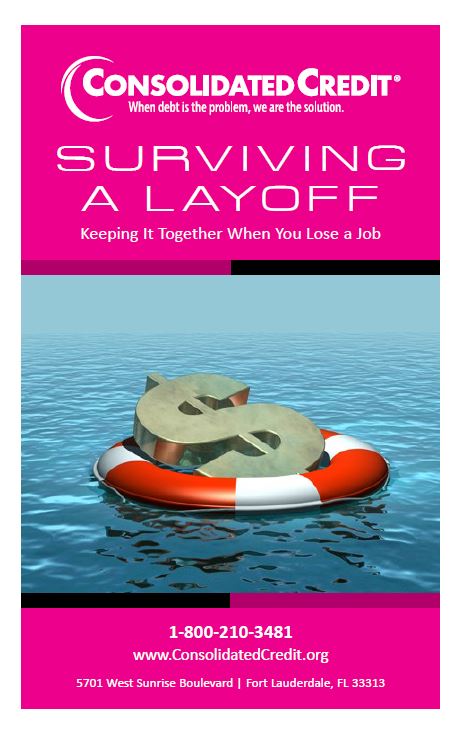Financial Planning for Major Life Events
Learn how to plan, budget, and save to avoid debt caused by major life events.
Even if you budget effectively for everyday spending, major life events can throw your finances off track and lead to problems with debt. Planning ahead so that you budget and save ahead of time can help protect your financial stability. You need to plan major milestones that you expect, like getting married, having kids, and sending them to college. But you also need to plan for the worst – unexpected life events, such as layoffs and medical issues.
With that in mind, we’ve created this library of free resources that can help you make effective financial plans for major life events. If you have any questions, just scroll to the bottom of the page and click the Ask a Question button to ask our certified financial coaches. We’re here to help you stay on track, no matter what life throws at you!
Major milestone #1: Getting married
Couples can go into serious debt to tie the knot. But is you’re walking down the aisle with debt, you’re starting your life together with some serious financial stress. This set of resources can help you understand the total cost of getting married and how you can budget to cut those costs.
The True Cost to Tie the Knot
We wanted to know just how much a wedding actually costs if you charge it on a high-interest credit card versus how much it costs if you pay in cash. Watch the video to see the staggering price tag for wedding purchases put on a credit card.
Marriage – such a blissful time planning a wedding. Until… AHHH! It costs how much?!?
How much more would it cost for a wedding if you charged everything on a credit card? Well, we’ve broken it down for you. The cost of an average wedding is over $30,000, and that’s not including the honeymoon.
The average wedding dress is about $1,300, but since you’ve used a credit card and it has a 15% interest rate, if you just make minimum payments it would take over 6 years to pay off and you’d end up spending about $750 above retail.
Guys get off easy and only have about $250 to spend on their outfits. But with a 15% interest rate, making minimum payments it would be paid off in 11 months for a total of $273.34. Not too bad.
Invitations run about $440, but if you were to make minimum monthly payments the cost would be closer to $500.
A wedding ceremony, including the location, officiant and accessories costs about $2,200, but if you use a credit card with a 15% interest rate it could take you 10 years to pay it off and an extra $1,600.
On average, wedding décor and flowers cost about $2,000 but if you charge that amount it could take up to 10 years to pay it off and you’d pay an extra $1,500 above the original price.
Catering costs take the cake or, I should say, a big chunk of your money. Feeding your guests, on average, is the most expensive component of a wedding, weighing in at a whopping $9,803. Charging this on a credit card could leave you paying DOUBLE the original price and take nearly 20 years.
The memories from this special day will last a lifetime, but so might the debt you take on from capturing these memories. The average cost of photography and video is $4,350. This means you could be spending nearly 14½ years and it could cost double the amount of the initial price.
Music for the ceremony and reception comes in at about $1,700 and it could take nearly 8½ years and cost you $2,900 if you use a credit card with a 15% interest rate.
The average price for wedding transportation is about $770, but if you put this on credit and only make minimum payments, it could take you over three years to pay off the transportation costs and cost over $200 just in interest.
If after all this, you’re ready to elope, we understand. But we hope you have the best wedding you can afford without using high-interest rate credit cards to finance it.




